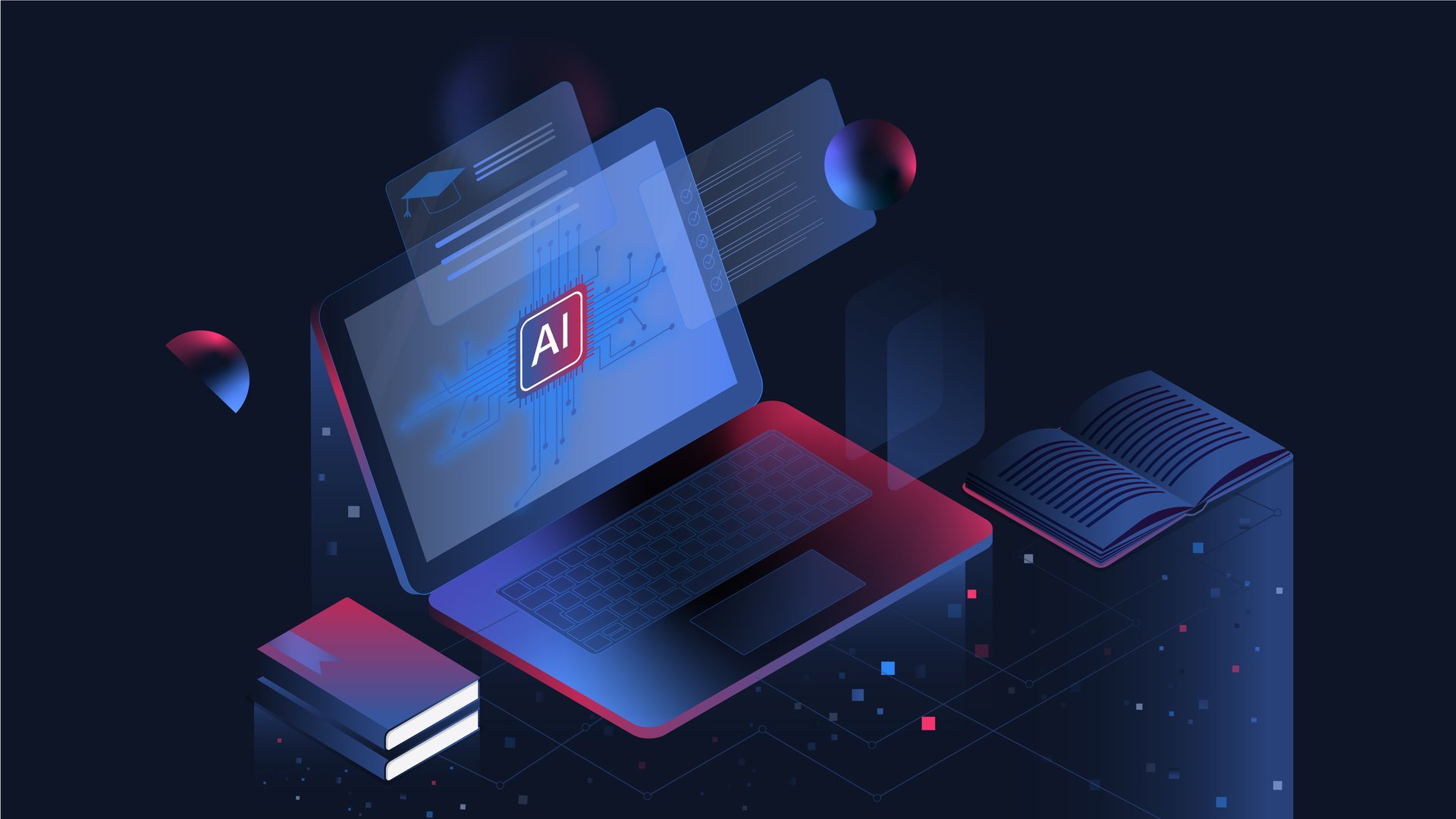One of the most transformative technologies of today, and what everyone is talking about, is artificial intelligence, also known as AI. AI is not just changing how students learn; it’s revolutionizing how assessments are conducted. AI-enabled assessments are becoming a game-changer for educators, institutions, and students alike, offering a more personalized, efficient, and secure way to evaluate learning outcomes. According to a report by HolonIQ, global spending on AI in education is projected to reach $6 billion by 2025, reflecting a significant investment in technologies that enhance learning and assessment processes.
In this article, we’ll explore what AI-enabled assessments are, and what the future holds for this innovative approach.
What are AI-Enabled Assessments?
AI-enabled assessments are evaluations that incorporate artificial intelligence to enhance various aspects of the testing process. AI automates tasks such as creating test questions, grading answers, and analyzing student performance. Additionally, Digiexam’s AI-enabled assessments include features like online proctoring to prevent cheating and offer deeper insights into learning outcomes, making the assessment process more efficient, secure, and adaptive.
The Benefits of AI-Enabled Assessments
- Efficiency and time-saving: AI automates many of the time-consuming tasks involved in assessments, such as grading. Multiple-choice tests can be graded instantly, and even more complex tasks like essays can be evaluated through AI-driven systems that assess content coherence, grammar, and relevance. This reduces the burden on educators, allowing them to focus more on teaching and student engagement.
- Enhanced security and integrity: One of the primary concerns with online assessments is the risk of cheating. AI-enabled assessment platforms, like Digiexam, offer security features such as biometric identification, behavioral tracking, and AI-driven online proctoring. These tools help maintain academic integrity by monitoring students for suspicious behavior, flagging potential misconduct, and generating reports for educators to review.
- Real-time data and insights: AI can analyze vast amounts of data in real time, providing educators with actionable insights into student performance. This data can reveal trends across classes, help identify students at risk of falling behind, and allow institutions to make data-driven decisions to improve their teaching strategies and curricula. With AI, assessments become more than just a tool for grading—they become a tool for improving educational outcomes.
Challenges and Considerations
While AI-enabled assessments offer numerous benefits, they are not without challenges:
- Data privacy and security: Handling sensitive student data requires stringent security measures. Institutions must ensure that AI systems comply with data protection regulations and that information collected during assessments is stored securely.
- Algorithmic bias: AI systems are only as good as the data they're trained on. If not carefully managed, they can perpetuate existing biases. It's crucial to regularly audit AI algorithms to ensure fairness and equity in assessments.
- Reliability on technology: Dependence on reliable internet connectivity and technological infrastructure can be a barrier, especially in regions with limited resources. Institutions need contingency plans to address technical issues that may arise during assessments.
- Human oversight: While AI can automate many tasks, human intervention remains essential, especially in subjective assessments like essays. Educators must collaborate with AI to ensure that assessments are accurate, comprehensive, and considerate of individual student contexts.
The Future of AI-Enabled Assessments
AI-enabled assessments are more than a trend—they represent a significant shift in educational evaluation. As AI technology continues to evolve, so will the capabilities of AI-enabled assessments. Future developments may include even more sophisticated adaptive testing algorithms, real-time learning analytics, and the integration of AI into formative assessments that help guide learning throughout a course—not just at the end.
AI’s role in assessments is not just about making the process more efficient; it’s about transforming how we think about learning and evaluation. By providing personalized feedback, improving fairness, and offering deep insights into student performance, AI-enabled assessments are set to play a pivotal role in shaping the future of education.

